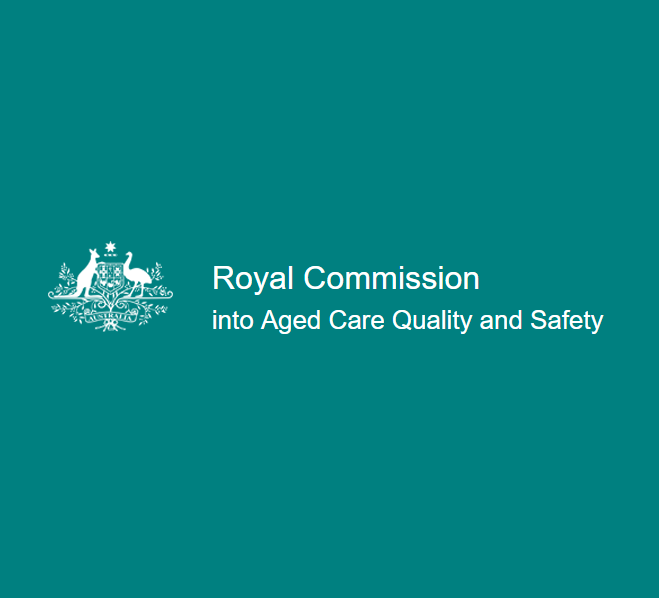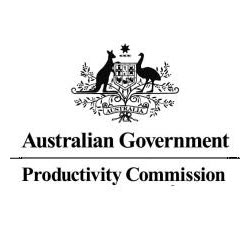New research on international systems and innovations in aged care has identified many opportunities for improvement in Australia, according to researchers at Flinders University
In Research Paper 3: Review of Innovative Models of Aged Care, the authors examine approaches to aged care that are not widely available in Australia. The authors identify a range of approaches that could potentially have benefits in Australia including:
• Supports, such as individualised training, for people with dementia living at home and their carers. There is some evidence such supports delay functional decline and reduce depression among carers.
• System navigators or care coordinators who facilitate streamlined access to care for people with dementia or other chronic health conditions.
• Small, domestic residential care homes that maximise the independence of residents and their participation in daily activities. These small homes can be adapted for specialised needs such as people with dementia.
• Respite services provided in settings aligned to people’s backgrounds, such as farm settings for people with dementia living in agricultural areas.
• Training and accreditation practices to increase awareness and availability of culturally appropriate services for people with diverse backgrounds.
• Telehealth communications that enable better access to health and other care services for people less able to travel or who live in remote regions.
• Remote support of independent living through ‘health smart homes’ that use sensors to monitor a person’s health conditions and signs they need assistance.
Read more:
Research Paper 3 – Review of Innovative Models of Aged Care (.pdf)
Technical Report – Review of Innovative Models of Aged Care (.pdf)





